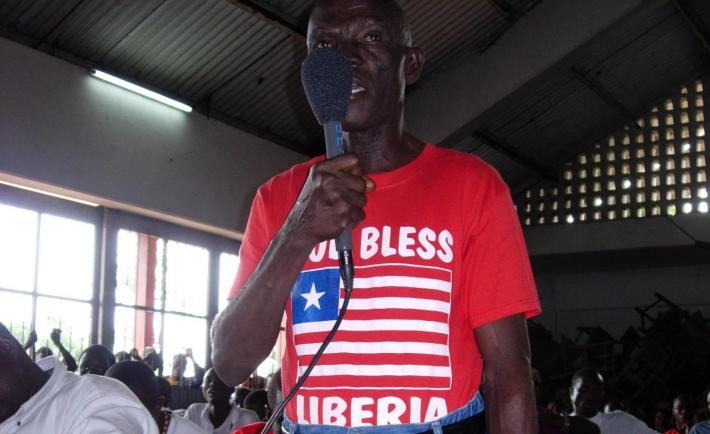
Citizens ask questions of candidates during NDI-supported senate debates in Liberia during the 2005 elections. Credit: Jim Della-Giacoma
Can there be peace without the United Nations? Maybe. Resilient democracies might also exist without direct intervention from international organizations. But given that NDI’s Resilient Democracy blog series was launched on the UN International Day of Peace, it would be useful to consider the role of international organizations and the evolving ideas they are promoting about sustaining peace and peaceful societies. Connecting to the UN’s macro thinking could strengthen NDI’s micro-level work.

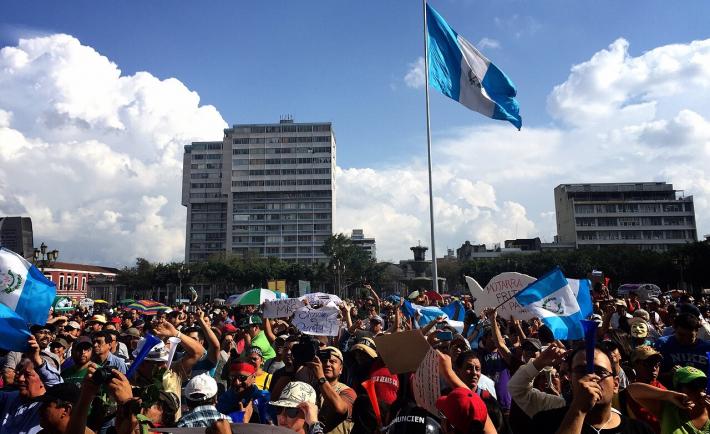
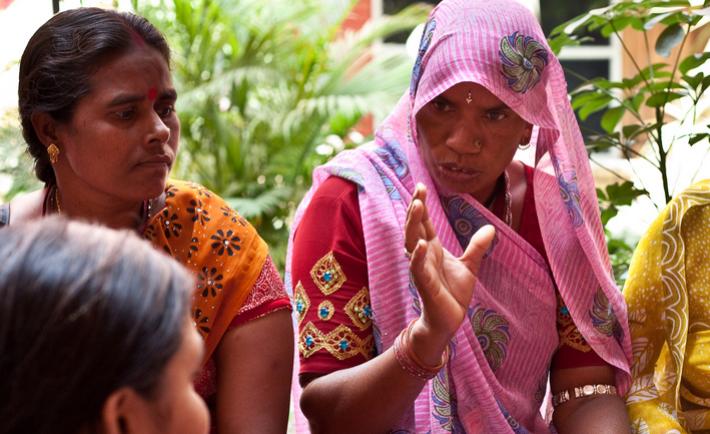
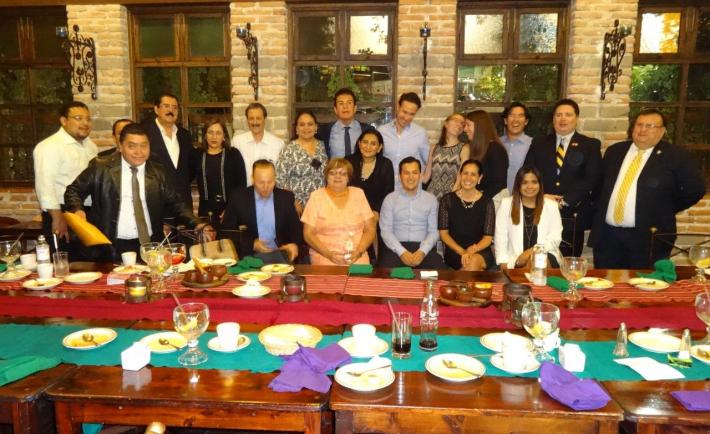
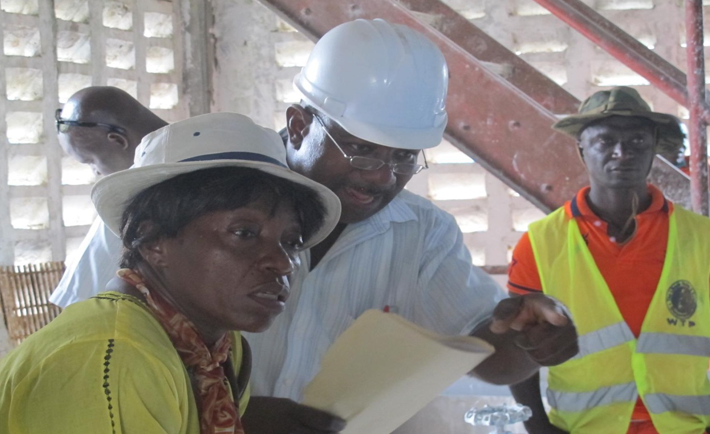
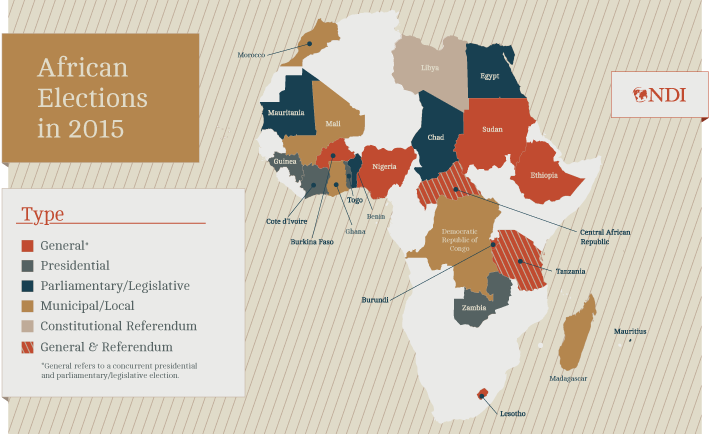
.jpg)